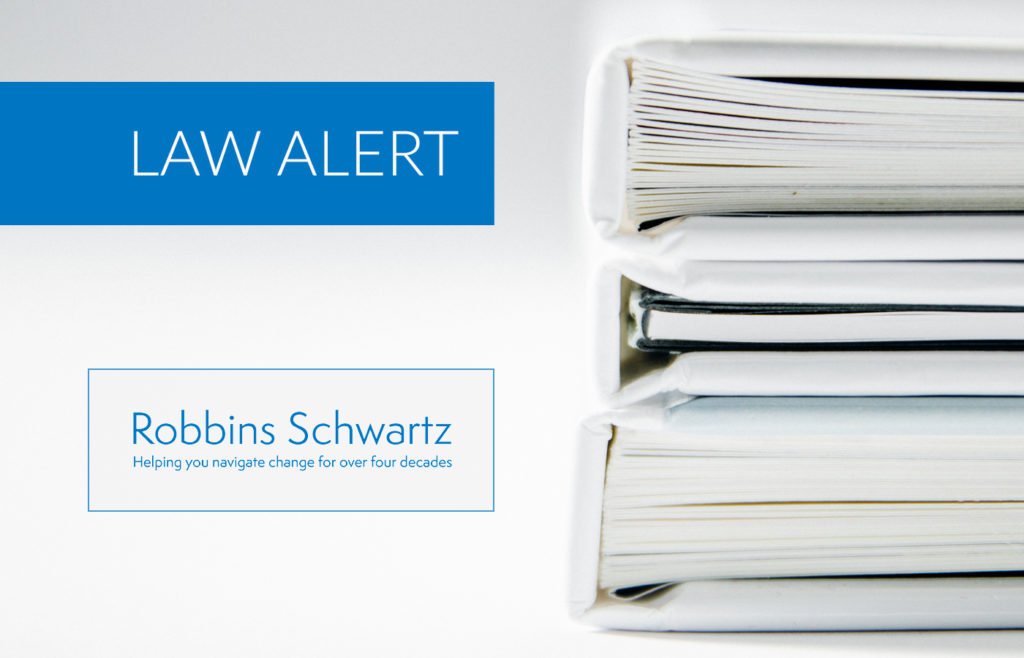DOL Issues New Administrator’s Interpretation of Family and Medical Leave Act Leave to Care for a Disabled Adult Child

DOL Issues New Administrator’s Interpretation of Family and Medical Leave Act Leave to Care for a Disabled Adult Child
Feb 7, 2013
Share to:
On January 14, 2013, the U.S. Department of Labor issued an Administrator’s Interpretation clarifying several aspects of the FMLA’s application to FMLA leave taken by an employee to take care of an adult child.
Who is an adult son or daughter under the FMLA?
An employee requesting FMLA leave to care for a son or daughter under 18 years of age must show only a need to care for the child due to a serious health condition. To take leave to care for a “son or daughter” who is 18 years of age or older, the employee must show that the child has a mental or physical disability and is incapable of self-care because of that disability. The new Administrator’s Interpretation clarifies that the child’s disability need not have occurred or been diagnosed before age 18, but may have commenced at any time in the child’s life.
The ADAAA broadens the FMLA’s Definition of an Employee’s Adult Son or Daughter
An employee is entitled to FMLA leave to care for an adult child who has a disability; is incapable of self-care; has a serious health condition; and is in need of care. The Americans with Disabilities Act Amendments Act of 2008 (“ADAAA”) expanded the ADA’s definition of “disability” which is a term also used in the FMLA. The Administrator’s Interpretation states that the expansion of the definition of “disability” under the ADA broadens the ability of employee to take FMLA leave to care for an adult “son or daughter” with a disability because more adult children will qualify as disabled.
An Employee is Entitled to FMLA Leave Only if the Adult Child is “Incapable of Self-Care”
Even though more adult children will qualify as disabled, an employee is not entitled to FMLA leave unless the adult child is “incapable of self-care.” The Administrator’s Interpretation explains this requirement. “Incapable of self-care” means that the adult child requires active assistance or supervision in activities such as caring appropriately for one’s grooming and hygiene, bathing, dressing, eating, cooking, cleaning, shopping, taking public transportation, paying bills and maintaining a residence. Therefore, a parent may be “needed to care” for an adult child whose serious health condition renders him or her unable to care for his or her own basic medical, hygienic, or nutritional needs, or travel alone to the doctor. A parent is also “needed for care” for an adult child if the parent can provide beneficial psychological comfort.
Employees With Adult Children Wounded in Military Service May Be Entitled To Multiple Leaves Under the FMLA
The Administrator’s Interpretation also clarifies that a parent of an adult child disabled during military service may be entitled to take more than the 26 workweeks of FMLA leave. If the adult child’s military service-related disability is long term or permanent, the adult child may have a “mental or physical disability and [be] incapable of self-care because of that disability” which will entitle the employee to additional FMLA leave in successive 12-month periods, provided the employee satisfies the FMLA eligibility requirements, including number of hours worked.
Rachel E. Lutner, an associate in the firm’s Chicago office, prepared this Law Alert.
